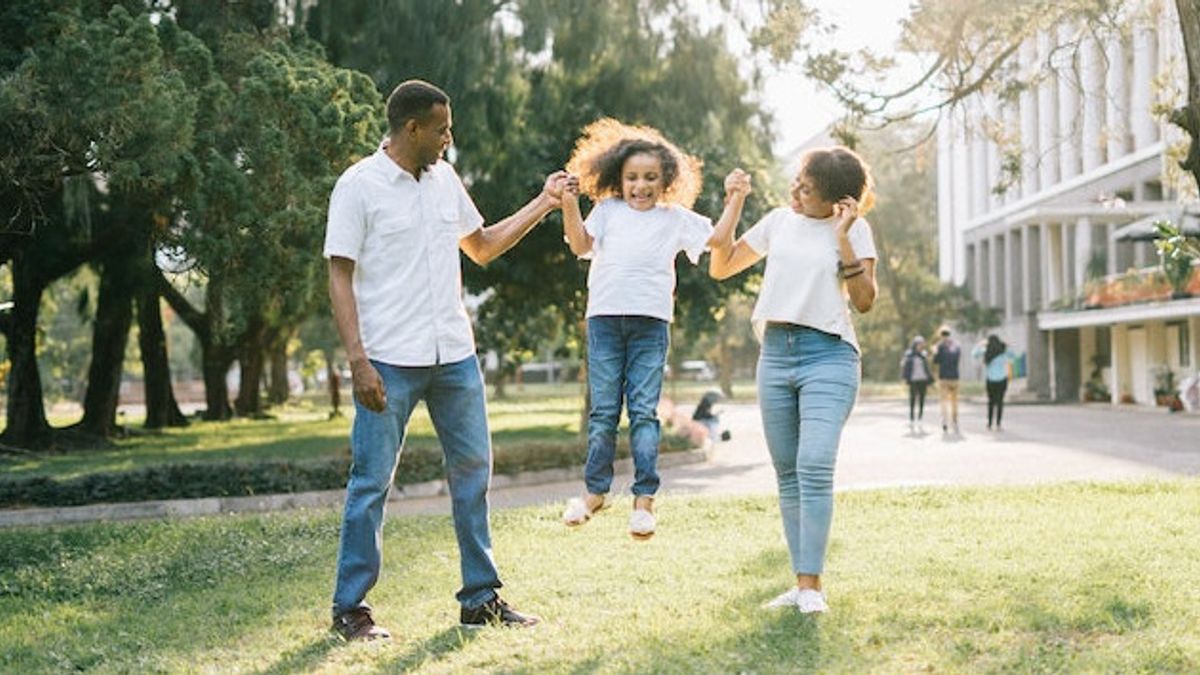JAKARTA - There is a phase where a child feels that what they have is only for them and should not be shared. They may also feel that he is so important that he should take priority over other people.
Even though it's natural, children still have to be taught to empathize and care for others. Empathy is a skill that must be used as a provision for them in living life later. These skills should be imparted as early as possible, even from toddlers.
Citing Very Well Family, Monday, February 6, here are tips for teaching children to have empathy.
Make sure the child's emotional needs are met
In order for children to feel and express empathy for others, their own emotional needs must be met first. He must rely on his parents or other family members for emotional support before he can give it to others.
Teach children how to deal with negative emotions
Negative emotions such as anger and jealousy are very natural for children and adults. But children who are taught how to handle these feelings in positive ways by sympathetic parents are more likely to have strong emotional intelligence and empathy.
Label the feeling
To help your child understand emotions and feelings, identify and label as many of these feelings as possible. If your child is being nice to someone, such as by trying to comfort a crying baby or friend, say, "It's so nice of you to worry about your friend; I bet it makes her feel a lot better when you comfort her." If your child is misbehaving or negative, say, "Mom/Dad knows you may feel angry but it makes a friend sad when you take his toys away from him."
VOIR éGALEMENT:
Talk about positive and negative behaviors in the environment
Examples of good and bad behavior continue to be presented in real life, in books, TV and movies. Discuss with your child about the behavior you see, such as someone making someone else sad or acting like a bully or vice versa. Someone helps others and makes others feel better about themselves. Discuss the different types of behavior and their effects.
Set a good example
Children learn about how to interact with others by paying attention to their parents and the surrounding environment. Show your child what it means to be generous or how to be kind and compassionate. By helping family members and neighbors or supporting friends and others who are in need or experiencing difficulties. You will teach your child how to be an empathetic person.
The English, Chinese, Japanese, Arabic, and French versions are automatically generated by the AI. So there may still be inaccuracies in translating, please always see Indonesian as our main language. (system supported by DigitalSiber.id)


















